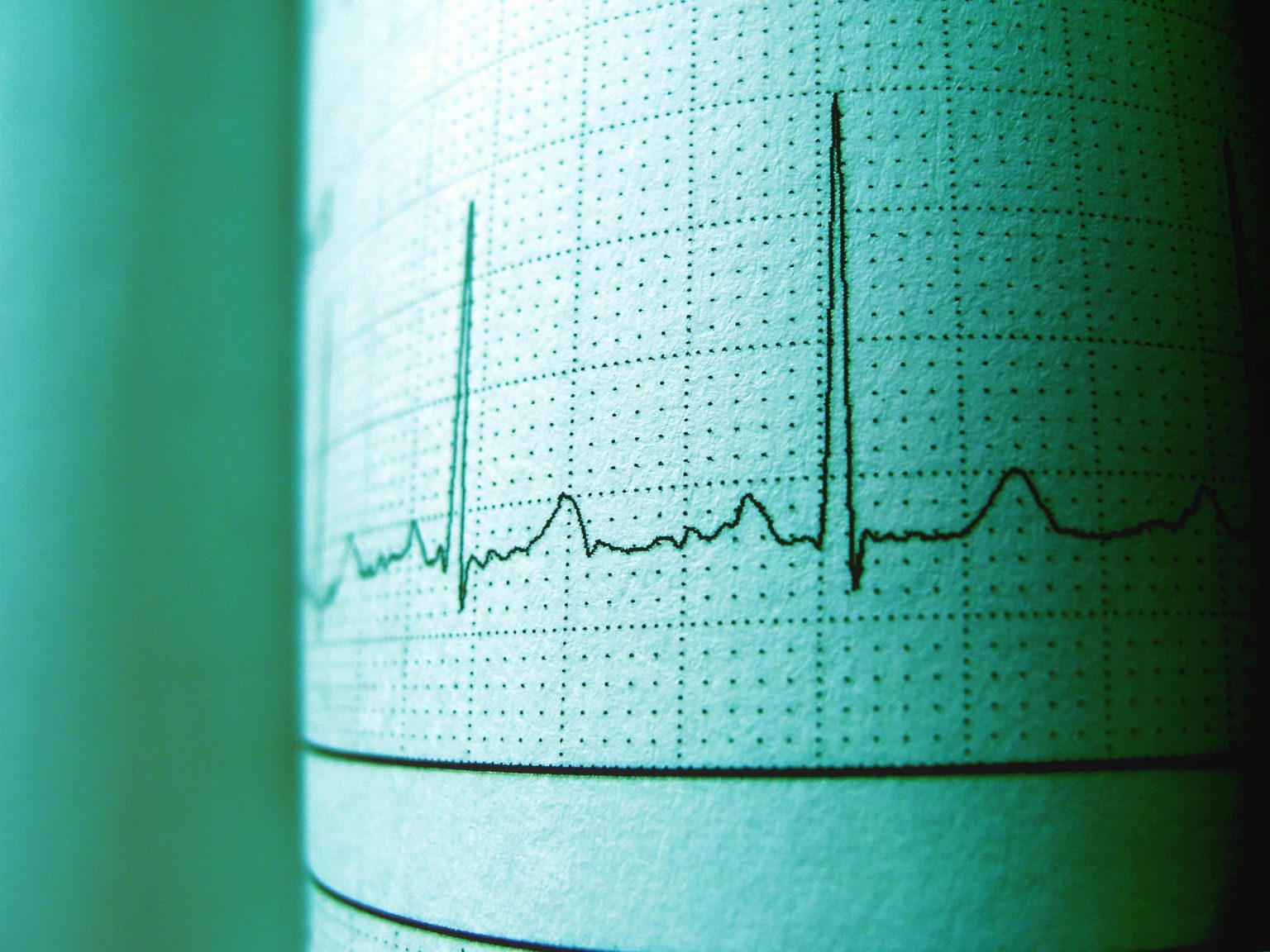More people in the UK are starting to question how, when, and where they access healthcare. Traditional visits to GPs or clinics are no longer the only way to stay on top of your health. With new services offering remote diagnostics and testing, options like ECG at Home are opening up new possibilities.
This shift is giving people more control. It’s also creating faster access to care without the need for waiting rooms.
Convenience Is Leading the Shift
For most people, the biggest advantage of home health checks is convenience. There’s no need to travel. No time off work. No stress trying to book an appointment weeks in advance.
You book online, someone comes to you, and the results are usually sent out within days. For busy families, carers, or those managing long-term conditions, it can be a huge time-saver.
This also makes preventative checks easier. People are more likely to follow through when it fits into their routine.
Earlier Detection Is Easier at Home
Home testing supports quicker decision-making. If you spot something odd with your heart rate, blood pressure, or blood sugar, you can get checked without delay.
Early detection often leads to better outcomes. Catching issues before they develop into serious illness is the foundation of preventative care. By making these checks more accessible, more people are identifying potential problems early.
Some private providers even offer follow-up consultations or referrals if anything shows up.
Better Access for Rural and Older Populations
Those who live far from city centres or don’t drive have more difficulty reaching a clinic. The same goes for elderly people who find travelling physically hard.
Bringing care into the home removes these barriers. It also reduces the risk of exposure to other illnesses in waiting rooms, something many people are more aware of since the pandemic.
Mobile health services have a long history in other areas of medicine. Extending this to diagnostics is a logical step.
Less Pressure on the NHS
When people turn to home health checks, they often avoid unnecessary GP visits. This helps relieve pressure on the NHS, particularly for routine testing.
It also allows public healthcare professionals to focus on more urgent cases.
Some people use these services to track chronic issues like hypertension or arrhythmia. If nothing’s wrong, they avoid clogging up the system. If something is wrong, they can enter the NHS pathway with more detailed data.
Privacy and Comfort
Many people find medical tests stressful, especially in unfamiliar or busy environments. Home appointments can feel less intimidating.
This is particularly helpful for people with anxiety, autism, or sensory sensitivities. Being in your own home makes it easier to stay calm and communicate clearly.
Having tests done in private also suits people who prefer not to share their health status with employers or family until they’re sure what’s going on.
Growing Trust in At-Home Medical Services
Years ago, people might have questioned the reliability of private home diagnostics. That’s changing.
Many home services now use NHS-trained professionals. The equipment is medical-grade. The reporting is fast and easy to understand.
As word spreads and more people try it, trust is growing. Some families now use these services yearly as part of their health routine.
Who Is Using These Services?
The range of users is widening. It’s not just older adults or the wealthy.
Younger people are using at-home ECGs and blood tests to check on symptoms they don’t want to ignore. Parents are using it to screen kids for allergies or nutritional gaps. Carers are using it to help loved ones manage long-term conditions.
People who travel for work or have unpredictable schedules also benefit. It’s easier to book when you don’t have to stick to GP hours.
Types of Home Health Checks Available
The list is expanding quickly. Here are some of the most common options:
- ECGs (electrocardiograms)
- Blood pressure monitoring
- Cholesterol and lipid tests
- Blood sugar and diabetes screening
- Vitamin and hormone levels
- Allergy testing
- COVID and flu testing
- STI screening
Many providers offer same-day appointments and next-day results. Some even include optional video consultations with doctors or nurses.
What to Watch Out For
Not every service offers the same level of care. It’s worth checking:
- Who’s carrying out the test (are they medically trained?)
- What equipment is being used
- How results are delivered
- If there’s follow-up care or advice
Good services will clearly explain this up front. Some even work with your GP to share results securely.
Will This Change Healthcare Long-Term?
It’s already starting to. As these services grow, they’re reshaping patient expectations.
People are realising they don’t need to wait weeks to get a basic check-up. They don’t always need to sit in a surgery to speak to someone about their results.
As costs come down and availability increases, we’re likely to see more integration between private home checks and the public health system.
The Bottom Line
Home health checks aren’t a replacement for hospitals or GPs. But they are a smart way to handle routine care, monitor health trends, and stay informed.
Services like ECG at Home are helping people take earlier action, with less hassle.
That shift is changing how we think about wellness—from something reactive, to something you can manage on your own terms.



